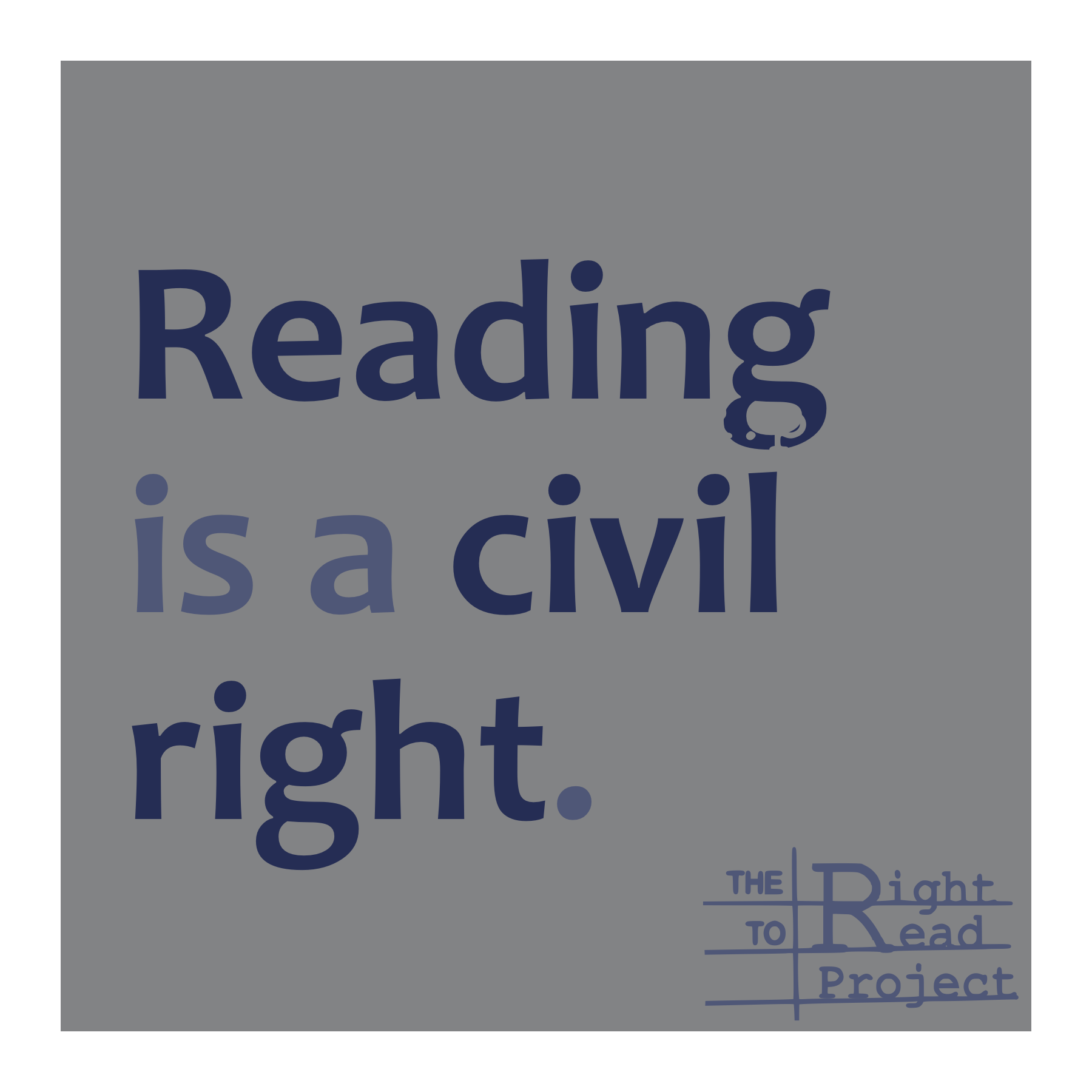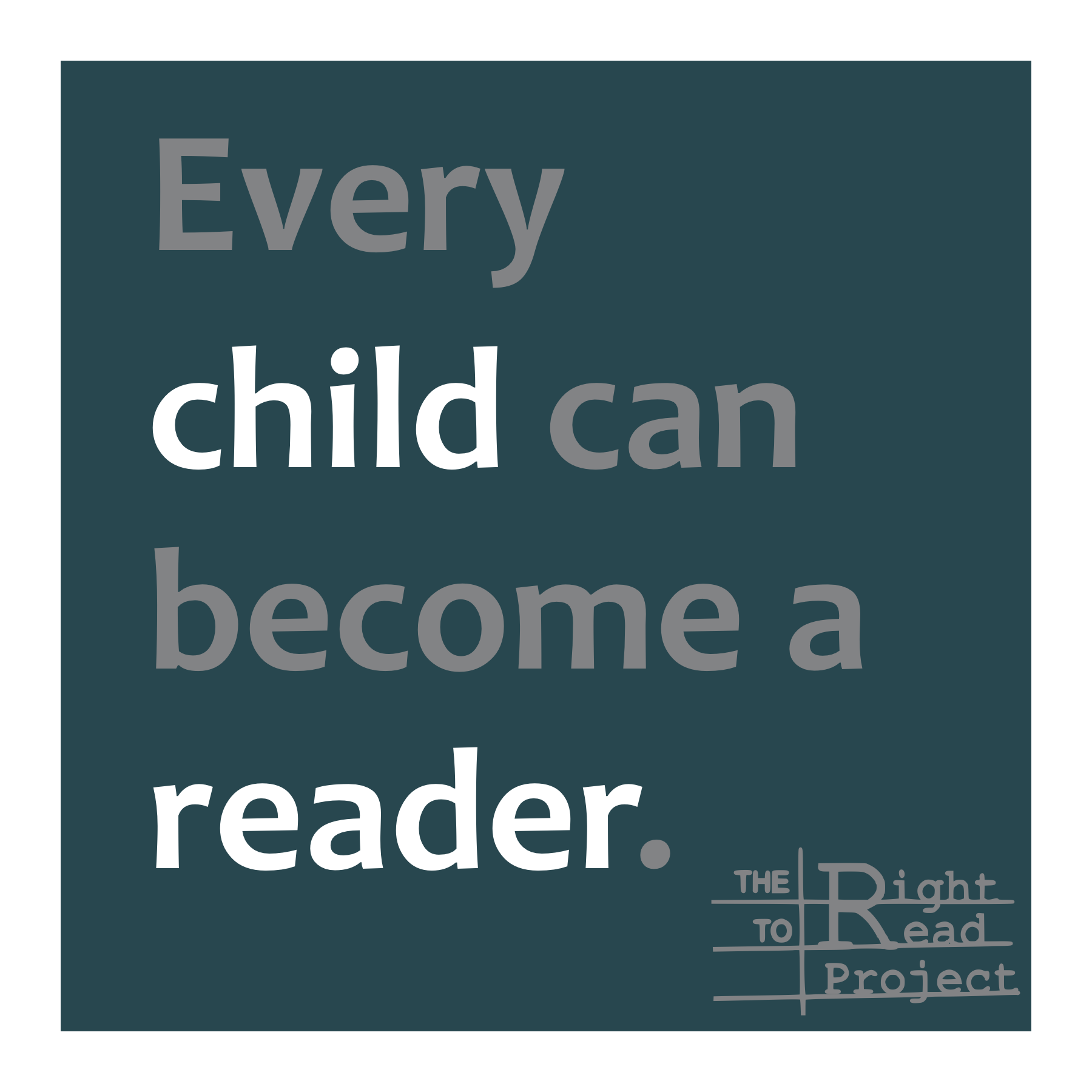When I began to learn about phonics instruction, I saw spelling puzzles in words I’d never noticed before, and I gained appreciation for the difficulty of learning to decode. Now, as an increasing number of students at my school can read accurately, the challenge of comprehension is looming large. It’s hard to identify potential barriers to comprehension when students read a text we ourselves can easily understand. And it’s harder
New (School) Year’s Resolutions
Perfect Isn’t Possible I love the bustle of a new school year. In the days before school starts, I organize and label absolutely everything, from the books in my classroom library to the blocks of time in my planbook. I remember and laugh at my grandma’s joke– “Everything’s perfect until the kids come!”– but still I spend hours color coding and alphabetizing. Kids will doodle on their notebooks, glue sticks
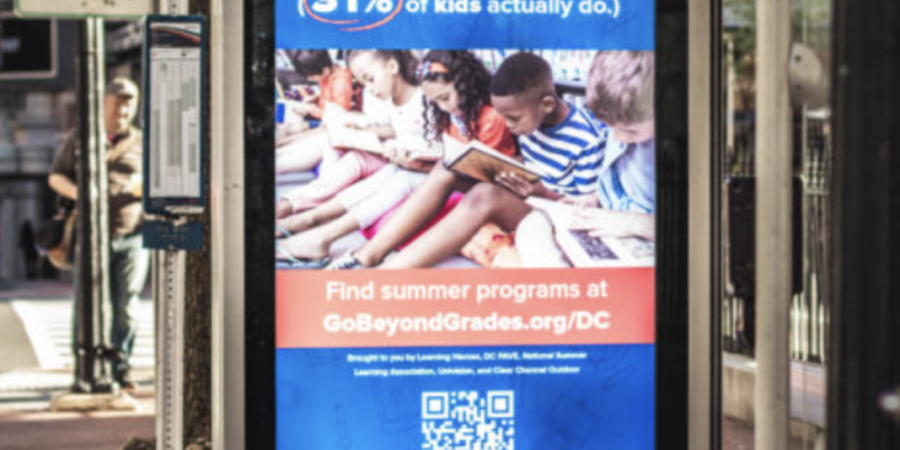
Red Flags Waving: Who Sees the Data?
I used to avoid discussing my students’ reading difficulties with their families. I didn’t realize I was withholding information, but in retrospect I see that, in parent/teacher conferences and on report cards, I’d focus on a child’s strengths even if multiple data points showed they were below benchmark. I would share how I was teaching and give suggestions for helping at home–but I never said, “Your child is behind in
For the Students We Wish We’d Taught Better
This Letter Was Originally Published in The Hechinger Report To the Editor: Re OPINION: A call for rejecting the newest reading wars Nov. 18, 2022 We are teachers who were sold the very story that journalist Emily Hanford describes in her new podcast: a myth about how students learn to crack the alphabetic code. So, we were disappointed to see the recent letter by fifty-eight professors, authors and curriculum developers

Letting Hero-Worship Go
As discussion of Emily Hanford’s new podcast builds, teachers are questioning stories we were sold by people we trusted. For some teachers, this is the first time they’ve doubted instructional materials that are ubiquitous in elementary and reading intervention classrooms. When we question the tenets of Balanced Literacy, teachers can unearth a trove of information. But how to make sense of it all? As researchers Stanovich and Stanovich explain: The
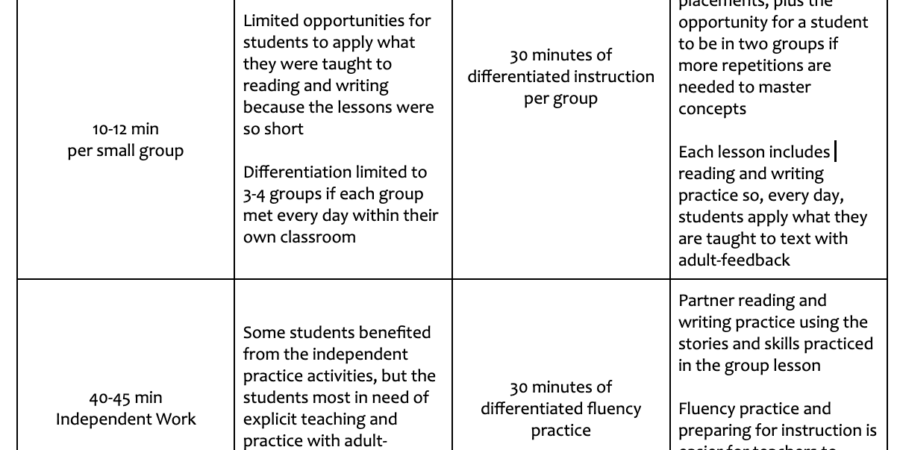
Differentiation Done Right: How “Walk To Read” Works
When we’re asked to switch to explicit, systematic instruction, many teachers worry that we’ll no longer be able to tailor our teaching to the students in front of us. Calls for whole-class phonics instruction lasting 30-45 minutes, for example, summon fears that our students will be bored by concepts they already know or aren’t yet ready for. And they resurface memories of teachers stripped of our ability to differentiate instruction as
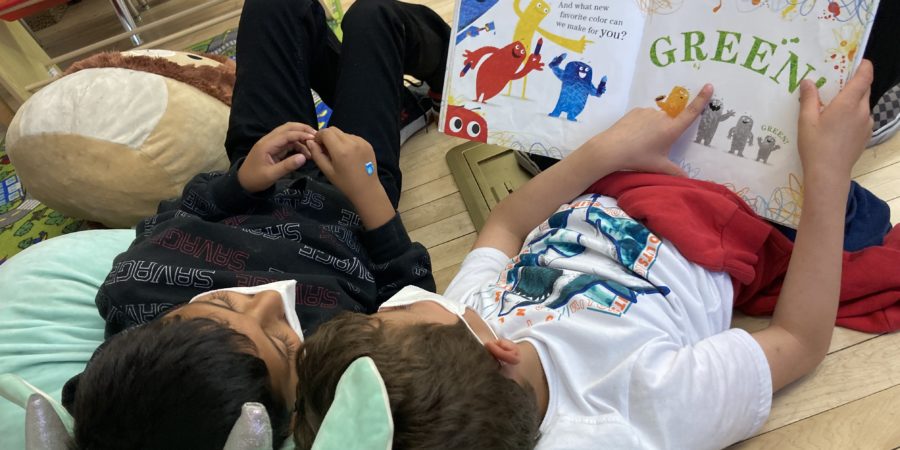
Seeing the Good in Balanced Literacy… and Moving On
Though Balanced Literacy was wrong about some important things, it has practices worth saving. And understanding the good in that approach to teaching literacy can help us transition to more effective instruction. Seeing the Good Balanced Literacy taught us the… Importance of a print-rich classroom Love of reading aloud to children Value of students seeing us write Pride in having an extensive classroom library Power of a mini-lesson Utility of
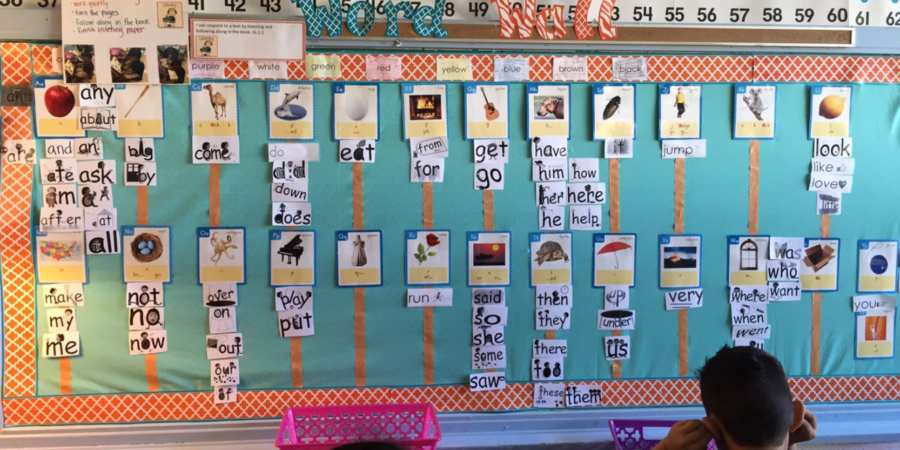
Can We Please Stop Talking About Phonics?
Can We Please Stop Talking About Phonics? The discussion about the science of reading and its refutation of Balanced Literacy is often mischaracterized as being all about phonics. It’s not. But when reading researchers evaluated how a popular Balanced Literacy program addresses phonics, fluency, text complexity, building knowledge, vocabulary, and the quality of its supports for English Learners, only the part about phonics made front page news. So a lot
Dear Lucy, a second letter
Dear Lucy, When I wrote you a letter years ago, I urged you to consider the enormous impact you could have on classrooms, if you were to revise the trainings and materials offered by Teachers College Reading and Writing Project. I highlighted portions of Units of Study: Reading that instruct teachers to have students guess rather than decode words. And I made my letter public because I wanted to help
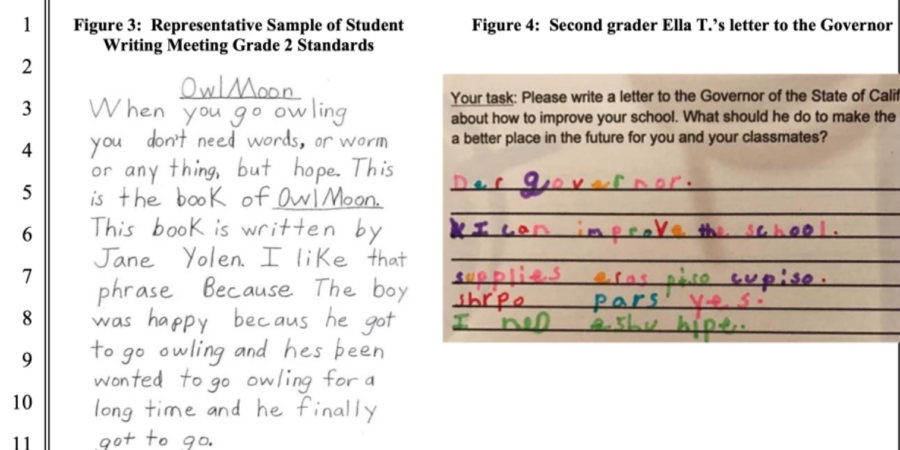
Getting Reading Right for the Kids Who Sued (and the Others Who Could)
Why didn’t he learn to read when he was in elementary school? We often focus on the child, his behavior, family, or teachers. He has a learning disability. He never sits still. That family just doesn’t prioritize school. He had teachers who just didn’t care. We tend to attribute reading difficulty to a child’s individual problems or to circumstances beyond our control. And we rarely see that many of our




